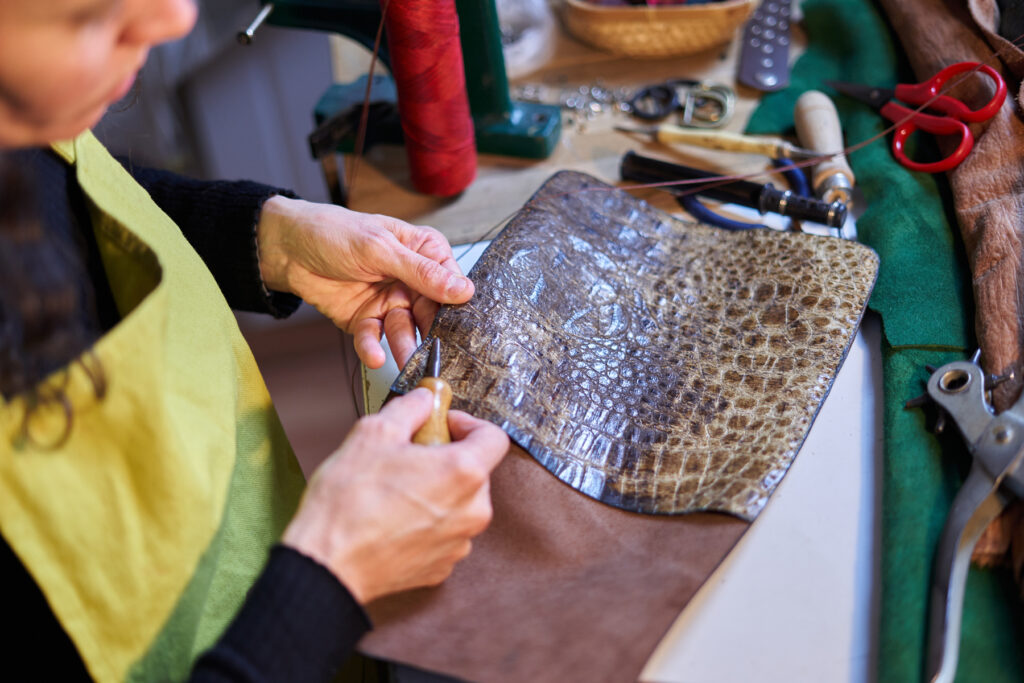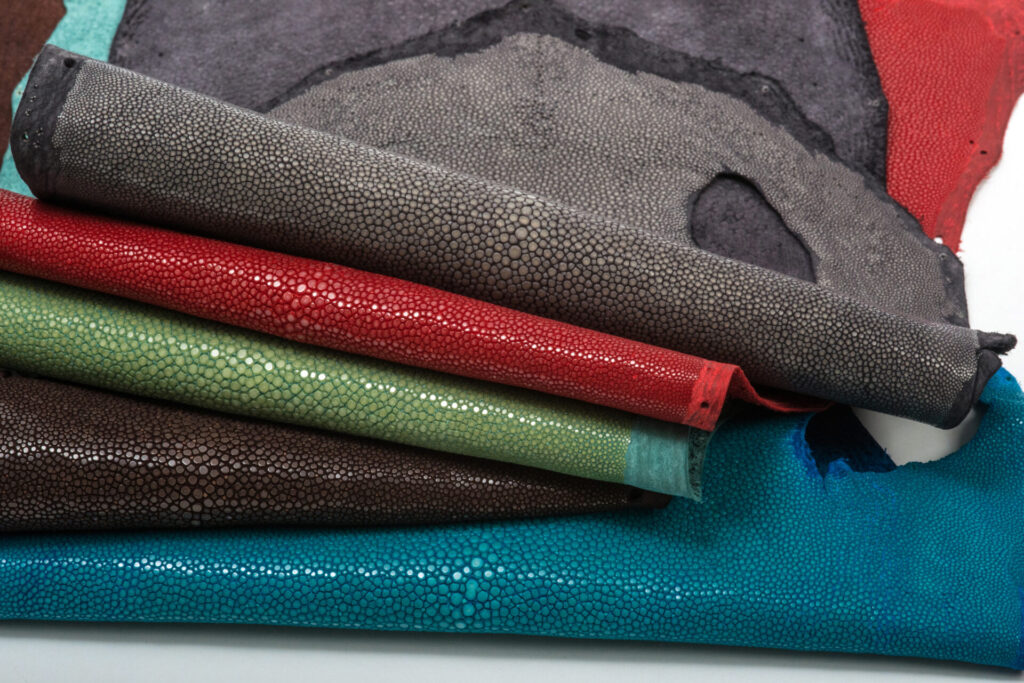In a groundbreaking move signaling a new era of ethical fashion, London Fashion Week (LFW) has announced a formal ban on the use of wild animal skins, extending its previous prohibition on fur. The British Fashion Council (BFC) revealed the decision this week, with Deputy Director for Policy and Engagement David Leigh-Pemberton addressing Parliament to emphasize the event’s commitment to responsible fashion.
Effective immediately, any brand wishing to appear on the official London Fashion Week schedule must commit to excluding wild animal skins, such as crocodile, snake, and lizard leathers, from their collections. This decision underscores the growing influence of animal rights movements, which have long lobbied to make exotic skins as socially unacceptable as fur.

A Shift in Fashion’s Ethical Compass
The ban reflects a seismic shift in consumer expectations and industry ethics. Increasingly, brands are being called to align with sustainable and cruelty-free values, especially in light of public campaigns from organizations like PETA and Humane Society International. While fur bans have become standard in many major fashion weeks, the inclusion of wild animal skins in this latest restriction sets a new benchmark for ethical practices within the industry.
Leigh-Pemberton articulated the significance of this move, stating:
“The global conversation around sustainability and animal welfare is evolving rapidly, and London Fashion Week is proud to lead by example in fostering a cruelty-free future for fashion.”
Challenges Ahead for Luxury Brands
The conversation surrounding exotic skins, however, is far from straightforward. While the fur debate has seen widespread industry agreement, wild animal skins present a more complex issue for luxury brands. These materials are deeply embedded in the identities of many heritage houses, where crocodile handbags and snakeskin accessories are often prized as status symbols and cornerstones of craftsmanship.
Critics argue that exotic skins are not just a cruelty issue but also a sustainability concern, given the environmental toll of farming or harvesting these animals. Proponents, however, often cite the controlled farming and conservation efforts tied to their use, presenting a nuanced ethical dilemma for high-fashion houses like Hermès and Louis Vuitton.

London’s Bold Stance Amid Competitive Pressures
London Fashion Week’s decision also comes at a time when the event is fighting to retain its global relevance. With Paris and Milan continuing to dominate the fashion calendar, the BFC’s bold stand on animal welfare could position London as the industry’s leading ethical voice. It may also push rival fashion capitals to reconsider their own policies, further reshaping the global fashion narrative.
As brands prepare their upcoming collections for LFW, the ban on wild animal skins sends a clear message: the future of fashion belongs to those willing to embrace innovation and sustainability. Whether through the rise of plant-based leathers, bio-fabricated materials, or innovative synthetics, designers now have an opportunity to redefine luxury without compromising ethics.
What’s Next?
The BFC’s decision is a clarion call for a cruelty-free fashion revolution, but it also raises critical questions. Will other fashion weeks follow suit? How will traditional luxury brands adapt? And, perhaps most importantly, will these measures be enough to shift consumer attitudes toward sustainability and animal welfare?
One thing is clear: London Fashion Week has taken a definitive step forward, pushing the boundaries of what it means to be a modern fashion powerhouse.




